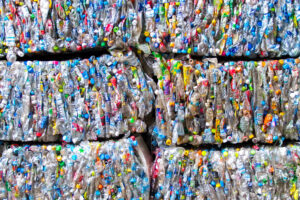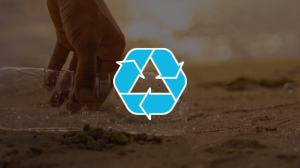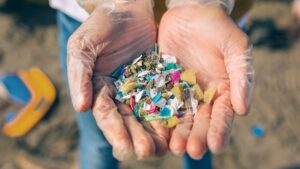New kit enables study of microplastics in the ocean
The mechanism of plastic breakdown in the ocean may be better understood in the near future thanks to the Ocean Plastic Incubator Chamber (OPIC).
Designed by British Antarctic Survey, the device exposes various types of plastic to real oceanic conditions. The CUPIDO science team is using OPIC to help investigate the impacts of microplastics on marine ecosystems.
Story preview:
New equipment designed by British Antarctic Survey is helping scientists to study the impact of microplastics in the ocean. The Ocean Plastic Incubator Chamber (OPIC) exposes various types of plastics to oceanic conditions for predetermined lengths of time to measure weathering rates. Lots of discarded plastic ends up in the ocean, where it remains, so it’s important to understand how plastic may impact the ecosystem.
The CUPIDO team embarked on the Italian research vessel Dallaporta in March 2022 to deploy OPIC in the Adriatic Sea. Although marine plastics are persistent pollutants they do gradually erode through continuous buffeting by currents, exposure to light, and biodegradation by microorganisms. As this weathering alters plastic properties—including color, buoyancy, and toxicity—it may affect how plastic pervades marine ecosystems.
Preview text: British Antarctic Survey, Phys.org, Sept 9, 2022.
Read the full story at Phys.org – based on the research published in Environmental Pollution (2022).



